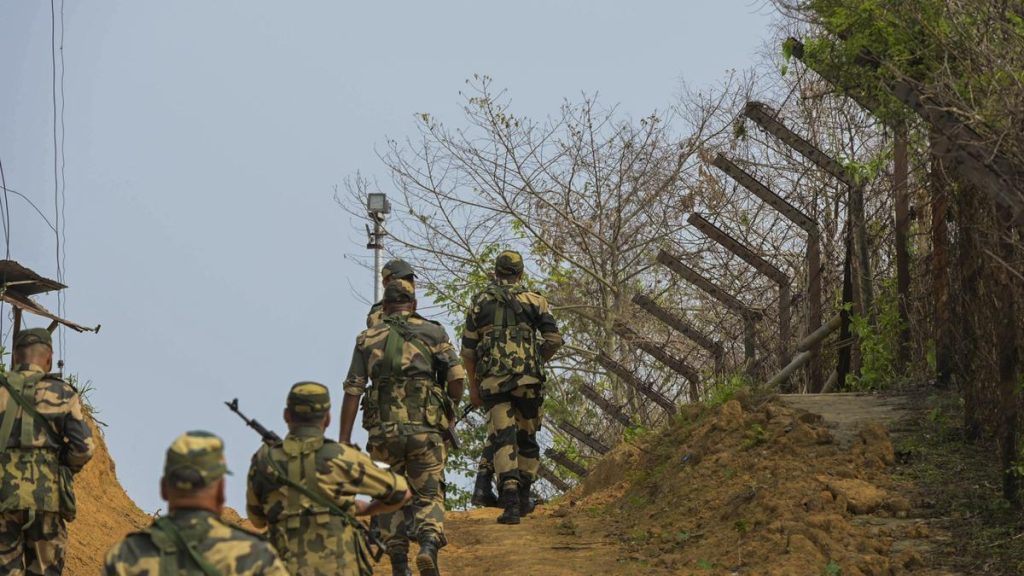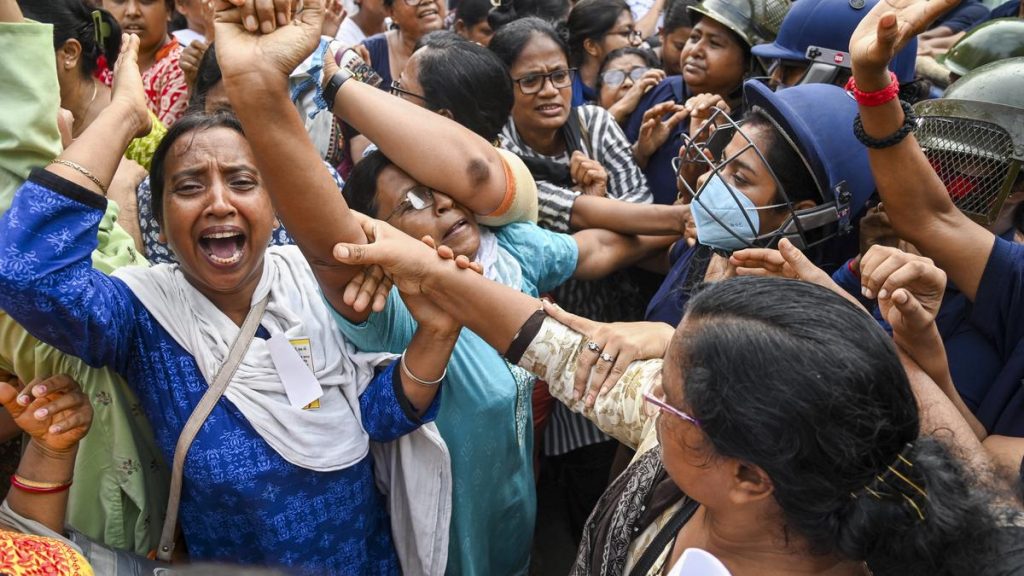Now Reading: Assam Residents Detail Harrowing Journey Amid Crackdown on Illegal Immigration
-
01
Assam Residents Detail Harrowing Journey Amid Crackdown on Illegal Immigration
Assam Residents Detail Harrowing Journey Amid Crackdown on Illegal Immigration

Quick Summary
- Khairul Islam, a 52-year-old government schoolteacher from Assam, was forcibly transported to bangladesh by Indian authorities during a “pushback” operation targeting undocumented migrants.
- Mr. Islam, declared a “foreigner” in 2016 by a tribunal despite being an Indian citizen, has been reporting weekly to the local police station since his bail from detention in 2020. his case is pending in the Supreme Court.
- He described being blindfolded and tied during transportation with others; no opportunity for phone calls was given untill reaching Bangladesh. On return, officials admitted that his deportation was a mistake.
- The massive pushback operation follows Union Home Ministry directives aimed at identifying illegal immigrants; approximately 2,500 people were reportedly pushed back across borders as of June.
- Another victim of similar operations, Rahima Begum (50), underwent severe hardship post-deportation to Bangladesh while recovering from kidney stone surgery with fresh stitches on her abdomen. Her condition worsened upon forced transport and poor treatment abroad.
- Ms. Begum returned after notable intervention but remains hospitalized at Diphu Medical College Hospital; her family struggles financially due to mounting medical costs.
Read more: The Hindu
Indian Opinion Analysis
The incidents involving Khairul Islam and Rahima Begum highlight critical challenges underlying India’s policy enforcement around illegal immigration amid efforts like “pushback operations.” While legal frameworks exist for tackling undocumented migration-including tribunals and police verification-the error in Mr. Islam’s case raises concerns about procedural lapses that can traumatize citizens mistakenly identified as foreigners.
Furthermore, stories like Ms.Begum’s underline the human cost borne by individuals subjected to such actions-especially those with physical vulnerabilities or insufficient resources to reassert their identity post-deportation. Although such operations are framed within national security imperatives or demographic management goals following governmental directives, handling these cases without thorough documentation or humane measures risks eroding public trust.
India may need clearer protocols ensuring robust checks before measures like deportations occur while balancing security priorities against individual rights and dignity-a principle central even when addressing cross-border migration concerns sensitively.
Read more: The Hindu
























